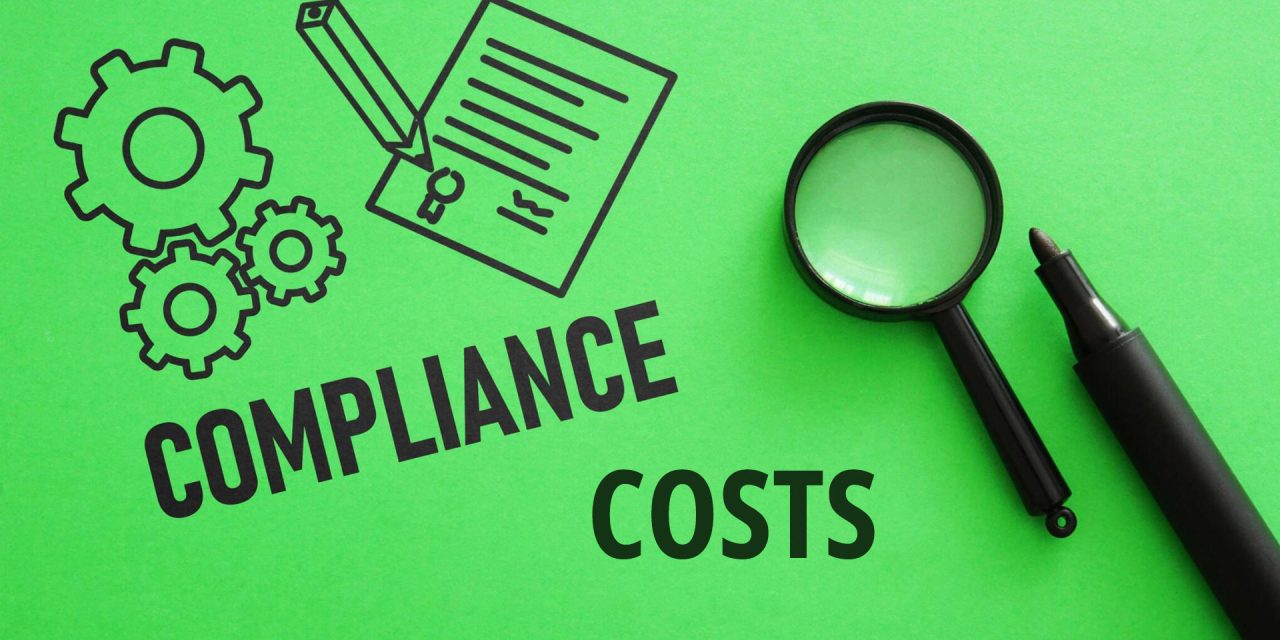Respondents in a regional 2023 survey were planning compliance cost-cutting measures in a landscape of escalated cybersecurity and fraud threats
Based on a June 2023 survey of 271 senior decision makers responsible for financial crime compliance at financial institutions in Australia, China, India, Japan and Singapore, three key findings were announced.
First, 70% of respondents had noticed rises in technology costs related to compliance/know-your-customer (KYC) software, while 74% had noticed increases in technology costs associated with networks, systems and remote work. As technology costs increased, so would investments to meet stringent compliance requirements linked to the security of the 72technologies.
Second, 75% of APAC respondents had cited labor costs as a primary driver of cost escalation, with 79% citing increased workloads in screening financial crime alerts. This had necessitated the need to invest in highly qualified compliance professionals to effectively address and fulfill stringent compliance requirements.
Third, respondents had observed significant increases of more than 20% in financial crimes in the past 12 months, and 23% of this group identified crimes involving cryptocurrencies, and 23% reported heightened use of AI.
Overall, the true annual cost of financial crime compliance among the APAC respondents was calculated to approximate US$45bn. Some 39% of APAC respondents attributed the increase to tightened financial crime regulations and regulatory expectations. Furthermore, 81% cited plans to prioritize compliance program cost-cutting in the next 12 months.
According to Matt Michaud, Global Head of Financial Crime Compliance, LexisNexis Risk Solutions, the firm disclosing the APAC findings: “The cost of financial crime compliance is clearly rising for financial institutions across APAC which is being felt by teams across the compliance workflow. Skilled in-house compliance teams are essential, but businesses should be actively seeking ways to reduce labor costs while improving compliance efficiency.”
The findings suggest that APAC respondents need to improve efficiency in meeting ever-evolving compliance and cybersecurity regulations, through better use of compliance automation and management tools, strategic collaborations, and keeping an eye on maintaining high customer experience levels amid compliance-streamlining initiatives.

















